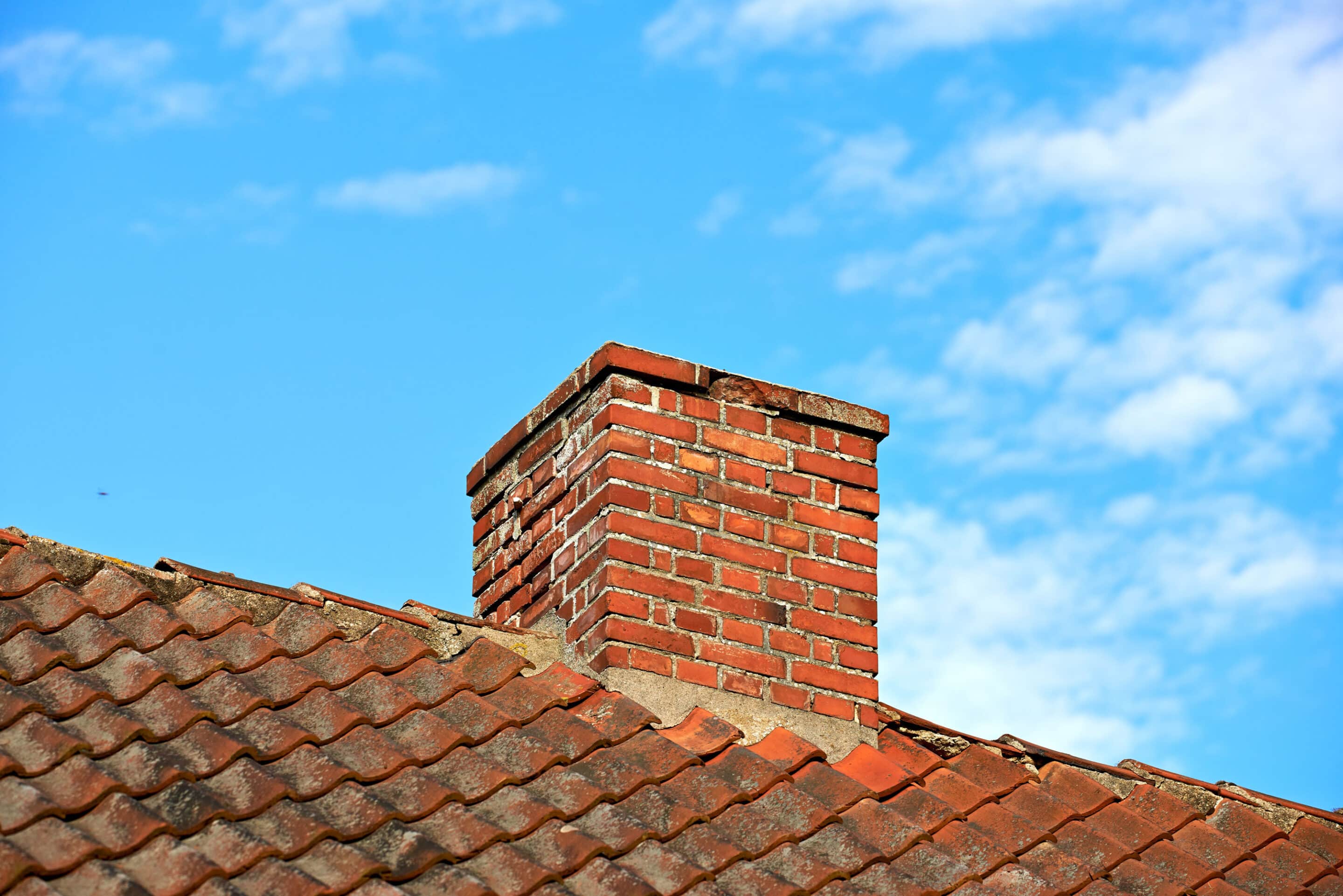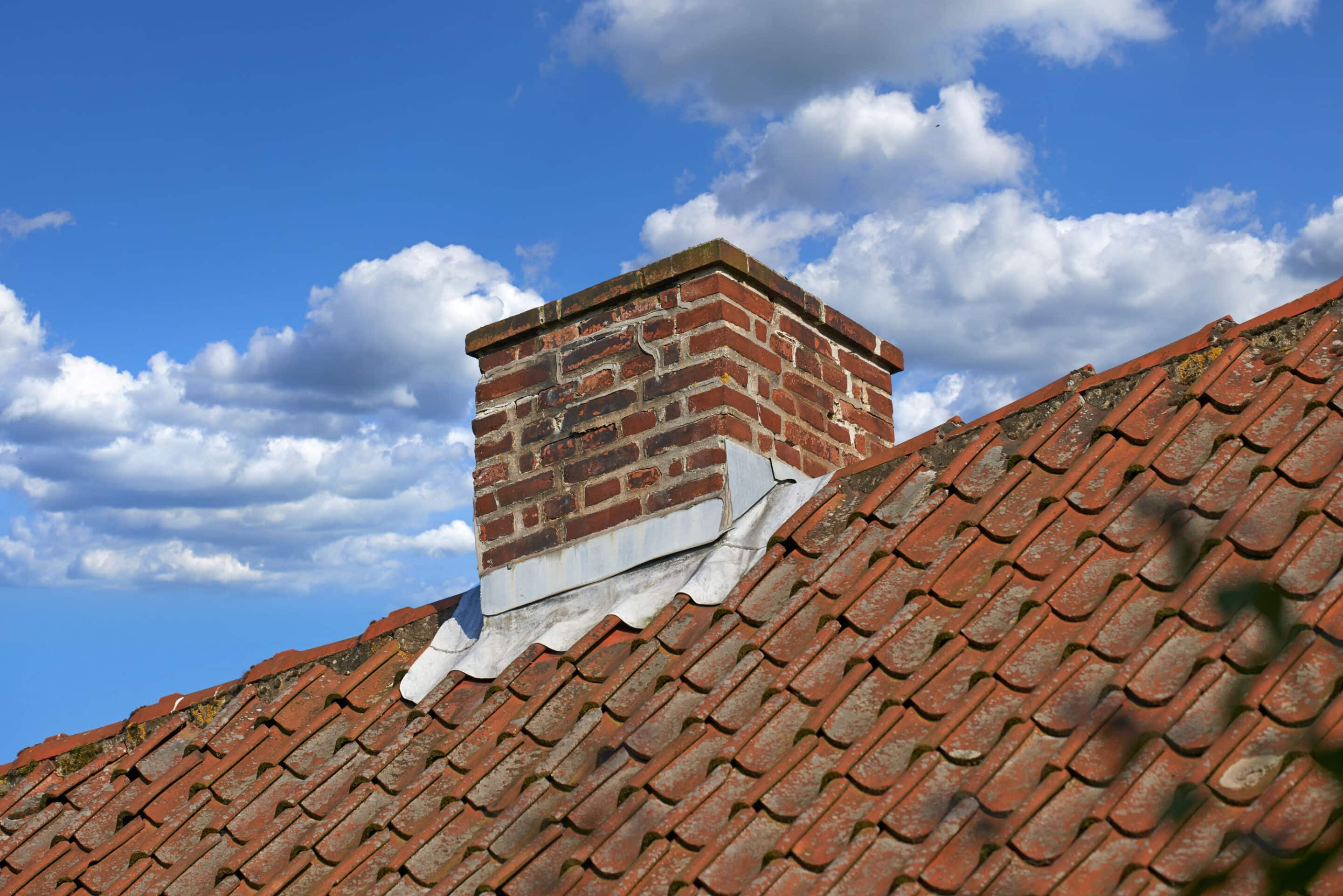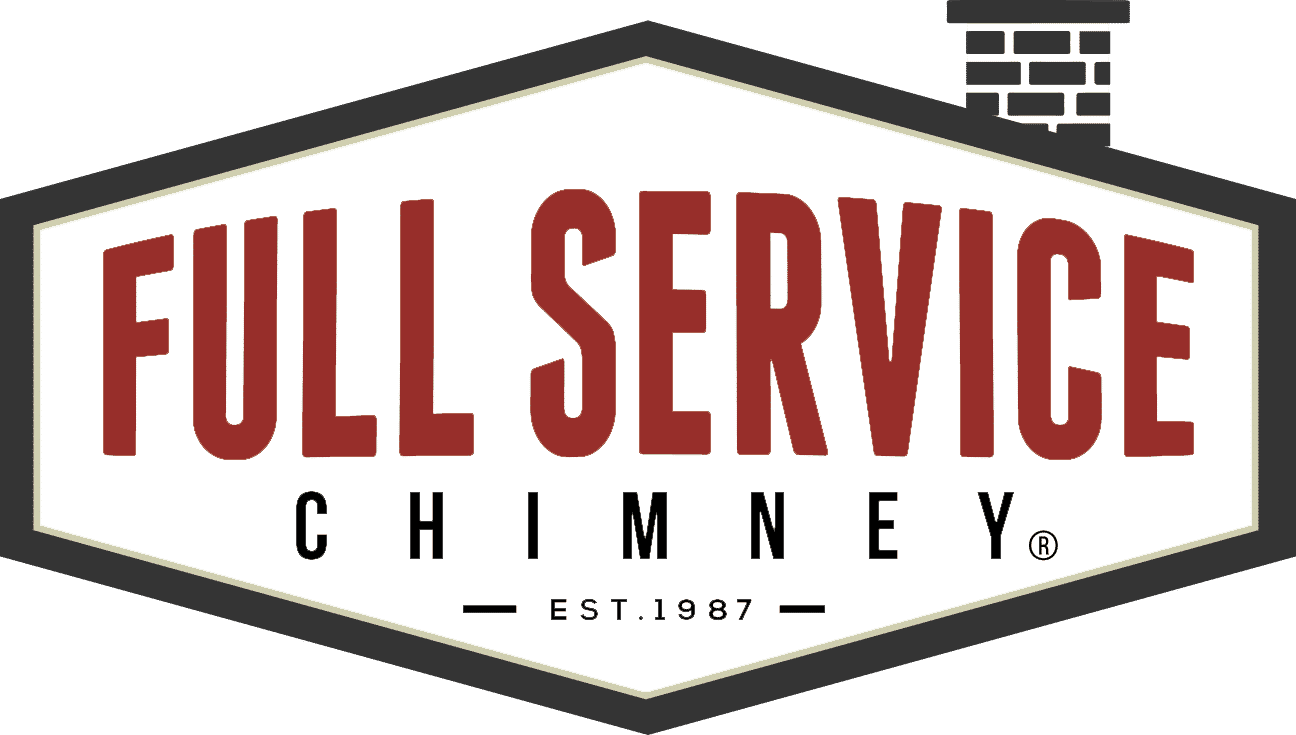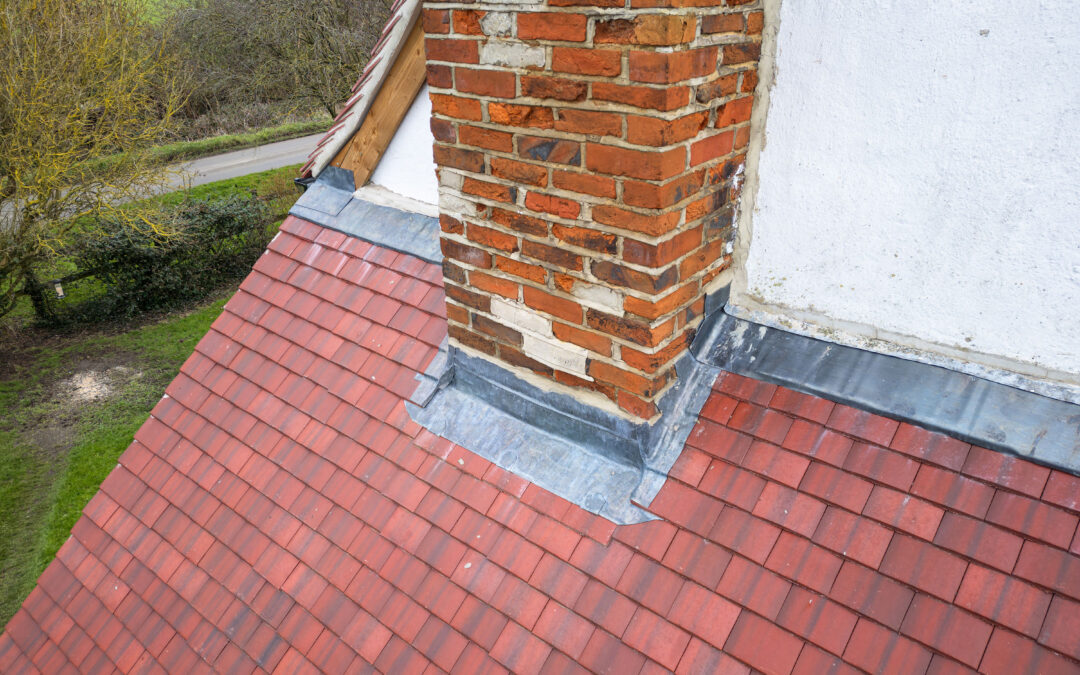As a homeowner, your chimney plays a crucial role in ensuring your fireplace operates safely and efficiently. Whether you use your fireplace regularly for warmth and ambiance or only occasionally, understanding when your chimney needs repair or complete replacement is essential for protecting your home and family. Making the right decision can feel overwhelming, especially when faced with costly repairs or structural concerns. This guide will help you navigate the key factors, common problems, and professional considerations to make an informed choice tailored to your home’s needs.
Why Your Chimney Matters More Than You Think
Your chimney is more than just an architectural feature; it serves vital functions in your home’s safety and comfort. It channels smoke and combustion gases safely out of your home, prevents dangerous backdrafts, and protects your roof and walls from heat and moisture damage. A well-maintained chimney ensures your fireplace burns efficiently, reducing the risk of chimney fires and harmful indoor air quality issues.
When your chimney shows signs of damage or deterioration, prompt attention is necessary. Ignoring problems can lead to costly damage, fire hazards, or even structural collapse. But how do you decide whether you should repair your chimney or opt for a full replacement? Understanding the nature of chimney problems and the scope of potential repairs is the first step toward a safe and cost-effective solution.
Common Chimney Problems That Signal Repair or Replacement
Several issues can compromise your chimney’s safety and function. Identifying these problems early helps you avoid emergencies and make informed decisions.
Masonry Deterioration
Over time, weather exposure can cause your chimney’s bricks and mortar to deteriorate. Cracked bricks, crumbling mortar joints, or a damaged chimney crown are common signs of masonry problems. These issues may allow water infiltration, leading to further structural damage.
Chimney Liner Damage
The chimney liner protects the masonry from heat and corrosive gases. A cracked, broken, or missing liner exposes your home to fire hazards and reduces draft efficiency. Damaged liners often require urgent attention.
Water Damage
Water is one of the most destructive forces for chimneys. Signs include efflorescence (white, powdery deposits), spalling bricks (flaking or peeling), and visible leaks inside the home or attic. Water damage accelerates deterioration and can lead to mold growth.
Draft and Smoke Issues
If your fireplace emits smoke into your home or doesn’t draft properly, it might indicate ventilation problems. These can be caused by blockages, improper chimney height, or liner issues.
Structural Concerns
A leaning chimney, loose bricks, damaged flashing, or an unstable foundation are serious problems that may necessitate more than simple repairs.
Fire Damage
Previous chimney fires can cause cracks, warped metal components, and other damage, all of which compromise chimney safety.

When Chimney Repair is the Best Option
In many cases, chimney repair can effectively restore your chimney’s safety and function without the need for costly replacement. Repair is generally best suited when damage is limited, and the overall structure is sound.
Typical Repairs Include:
-
- Tuckpointing and Mortar Repairs: Filling in deteriorated mortar joints to restore structural integrity.
- Chimney Crown Repairs: Fixing cracks or applying waterproof coatings to prevent water infiltration.
- Flashing Repairs: Replacing or resealing metal flashing around the chimney base to stop leaks.
- Cap and Chase Cover Replacement: Installing or repairing chimney caps to prevent debris and animals from entering.
- Partial Chimney Liner Repairs or Relining: Addressing localized liner damage or installing new liners to restore safety.
- Waterproofing and Sealing: Applying breathable sealants that protect masonry without trapping moisture.
Benefits of Repair
-
- Cost Efficiency: Repairs typically cost less upfront compared to full replacement.
- Preservation of Original Structure: Maintains your home’s original aesthetic and chimney design.
- Extended Lifespan: Proper repairs and maintenance can add years or even decades to your chimney’s life.
- Environmentally Friendly: Repairing conserves materials and reduces waste.
When to Consider Repairs
If your chimney has moderate cracks, minor water damage, or isolated liner issues, a professional chimney inspection will often recommend repair. Certified chimney professionals use tools like video scanning technology to assess damage precisely and help you understand your options.
When Chimney Replacement is Necessary
There are situations where chimney repair is no longer practical or safe, making full chimney replacement the best course of action.
Signs Replacement is Needed
-
- Severe Structural Damage: Extensive cracking, leaning, or a failing chimney foundation that compromises stability.
- Multiple Failed Repairs: If previous repairs have not resolved recurring problems, replacement may be more cost-effective long term.
- Extensive Chimney Liner Damage: When liners are badly cracked, missing large sections, or unsafe for current heating systems.
- Outdated Chimney Designs: Older chimneys might not meet modern building codes or safety standards.
- Upgrading Heating Systems: If you are installing a new type of fireplace, stove, or heating appliance that requires a different chimney design or liner.
- Fire Damage: Severe damage from chimney fires can weaken the entire structure.
Advantages of Replacement
-
- Long-Term Safety and Reliability: A new chimney eliminates hidden hazards and meets current safety codes.
- Improved Efficiency: Modern chimneys and liners enhance draft and reduce heat loss.
- Customization: You can select materials and designs that better suit your home’s style and heating needs.
- Peace of Mind: Avoid ongoing repairs and emergencies.
Considerations for Replacement
-
- Cost: Replacement is a larger investment with costs varying by chimney size, materials, and labor.
- Time: Full replacement can take several days to weeks depending on complexity.
- Permits and Inspections: Often requires permits and inspections to ensure compliance with local codes.
- Impact on Home Value: A new chimney can increase resale value, especially if it improves safety and appearance.
Key Factors to Weigh Before Deciding
Choosing between chimney repair and replacement isn’t just about cost. Several factors come into play:
Age of Your Chimney and Home
Older chimneys are more prone to deterioration. If your chimney is 30+ years old and has multiple issues, replacement might be more cost-effective.
Severity and Frequency of Problems
Frequent repairs or worsening conditions may indicate that replacement is the better investment.
Budget and Financing
Understand your financial options, including payment plans or financing, especially for larger replacement projects.
How Long You Plan to Stay in Your Home
If you plan to move soon, minor repairs may suffice to maintain safety and resale value. Long-term homeowners might prefer replacement for durability.
Impact on Home Value
A safe, well-maintained chimney enhances curb appeal and market value.
Professional Advice
Always consult with certified professionals (CSIA, NFI) who can provide expert inspections and recommendations based on your chimney’s specific condition.

Taking the Next Steps: What Every Homeowner Should Do
Before committing to repair or replacement, take these important steps:
-
- Schedule a Comprehensive Chimney Inspection: A thorough inspection by a certified chimney sweep includes video scanning and testing to uncover hidden damage.
- Get Multiple Opinions: Seek quotes from several professionals to compare recommendations and costs.
- Evaluate Safety Risks: Prioritize any conditions that pose immediate dangers, such as structural instability or liner cracks.
- Understand Warranties and Guarantees: Check what is covered by repair warranties versus replacement guarantees.
- Plan Timing Carefully: Consider seasonal factors; many chimney repairs are best done in spring or summer when weather conditions are favorable.
Ensuring a Safe and Efficient Chimney for Years to Come
Making the right choice between chimney repair and replacement is a vital decision for every homeowner who values safety, efficiency, and home longevity. Whether you choose to repair minor damage or replace an aging chimney, the key is timely professional evaluation and maintenance.
Regular chimney inspections and upkeep not only prevent emergencies but also keep your fireplace ready for cozy evenings and cold-weather comfort. Trusting experienced, certified chimney professionals ensures the highest quality workmanship, adherence to safety standards, and peace of mind.
Remember: A well-cared-for chimney protects your home, enhances your living environment, and adds lasting value for years to come.
If you’re unsure about the condition of your chimney or want expert advice on the best path forward, don’t hesitate to contact a trusted chimney professional today. Your home—and your family’s safety—depend on it.

